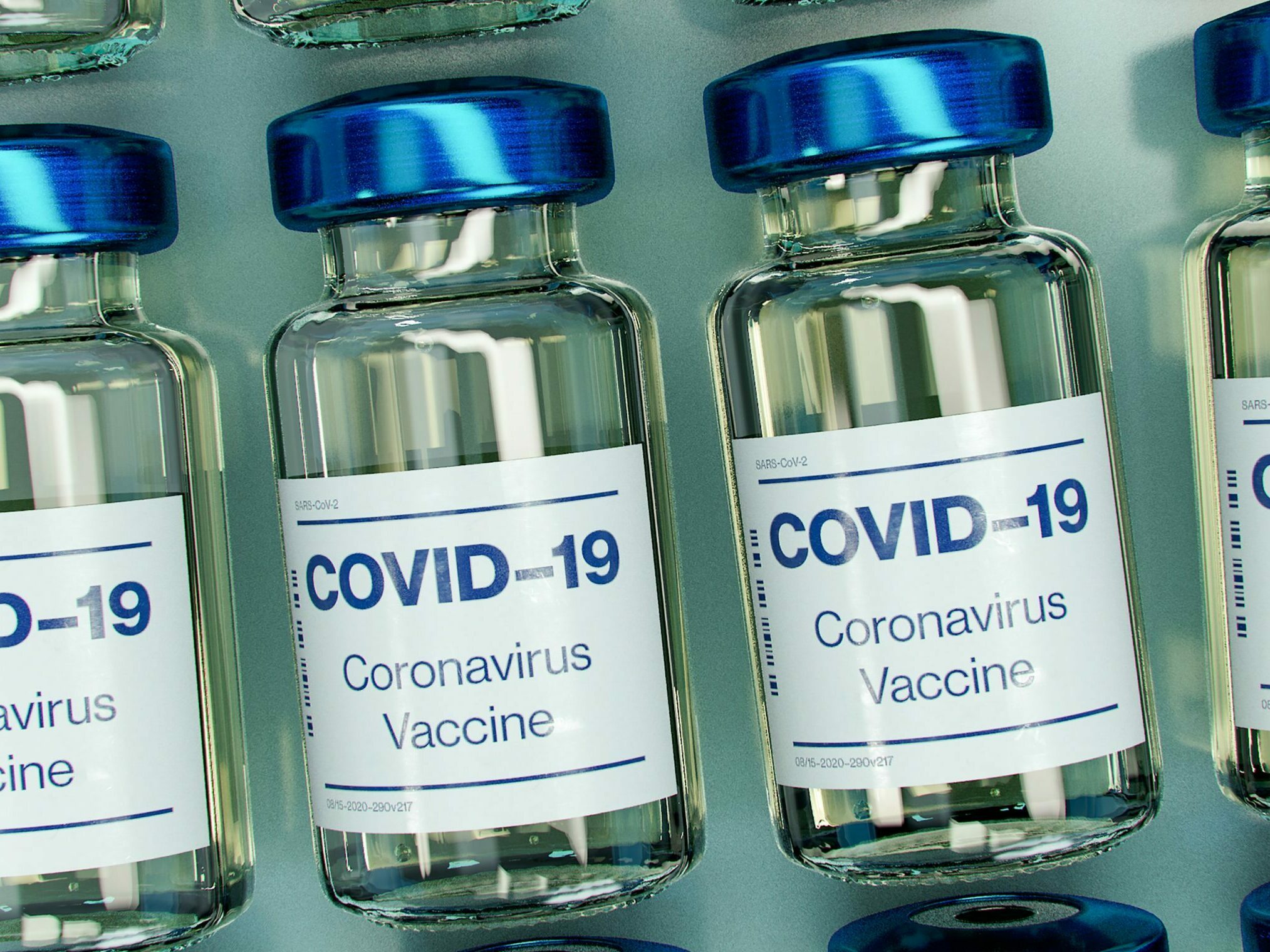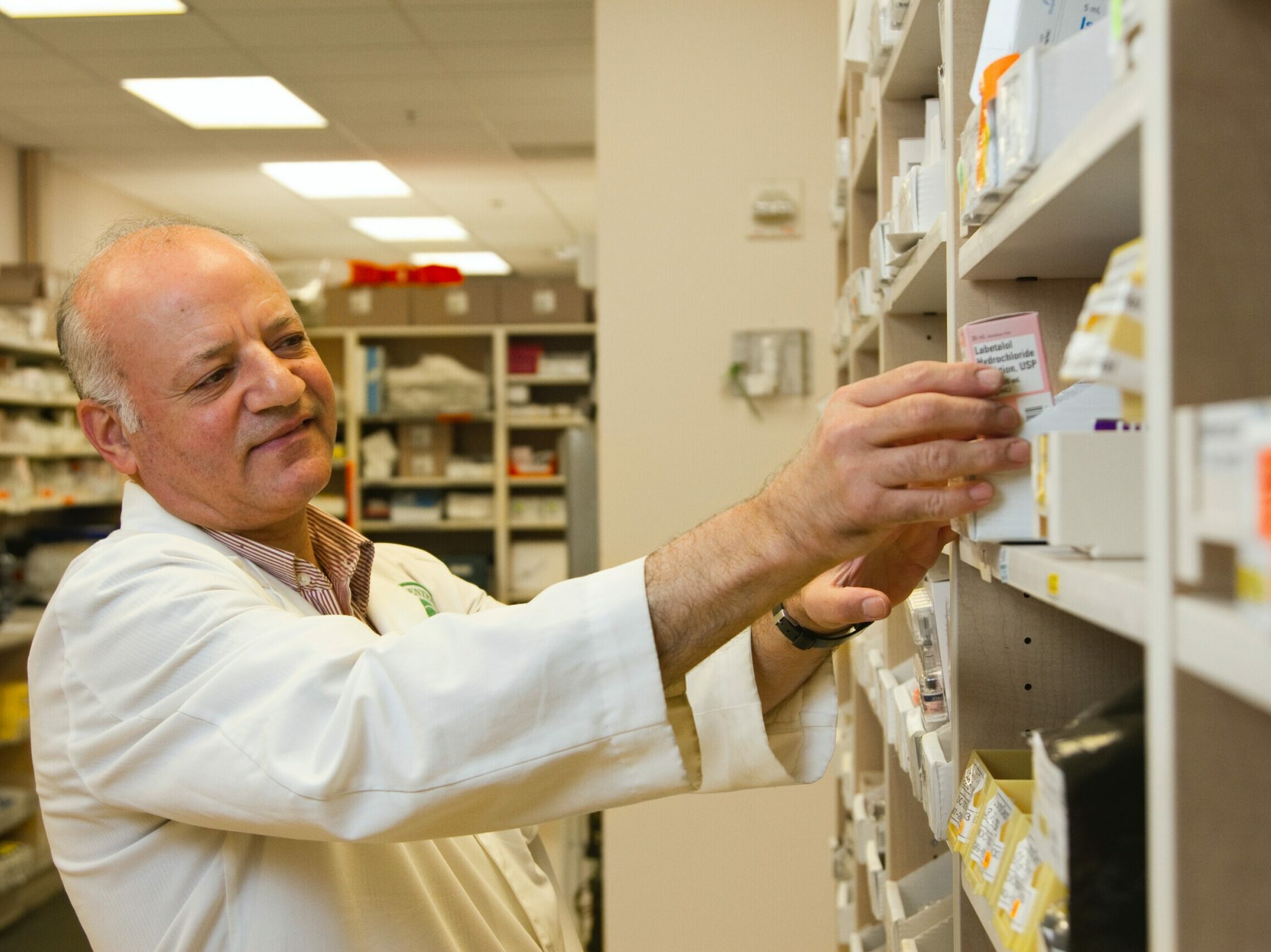Dan Rodricks: With COVID cases rising, you’re still not fully vaxed or boosted? Come on now.
I recently had conversations with a middle-aged man who is extremely careful about what he puts into his body. He eats lots of fruits and vegetables and stays away from red meat and processed foods. He also refuses to get the vaccine against COVID-19, even as infections are on the rise again. On one hand, the vaccine resistance made sense: His diligence about what goes into his body extends to a new medicine developed by a large pharmaceutical company in the midst of a public health crisis.


